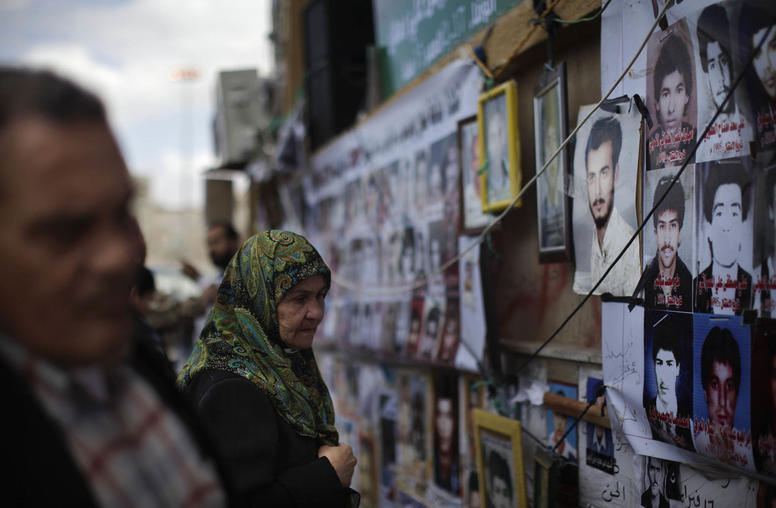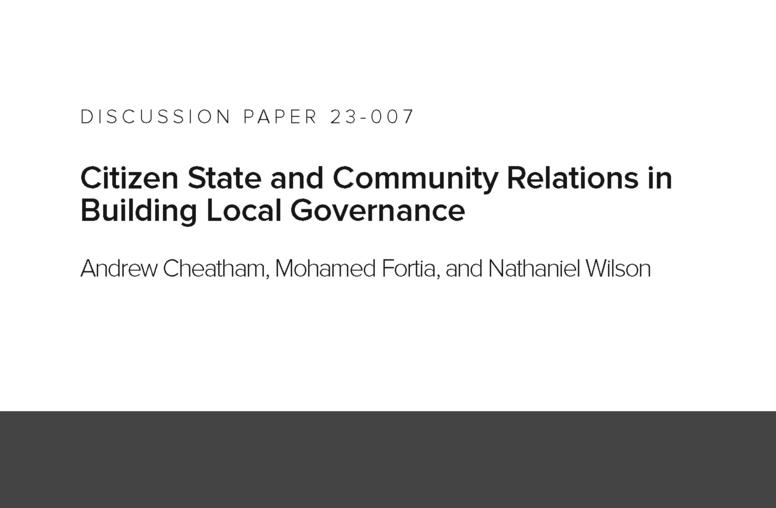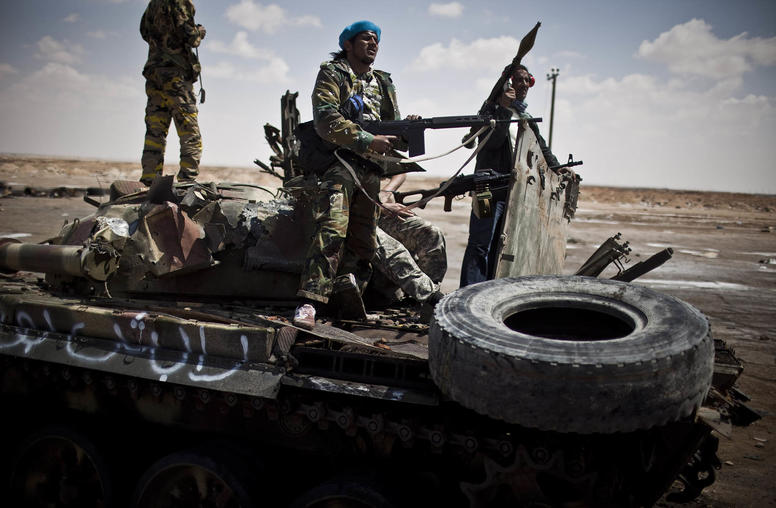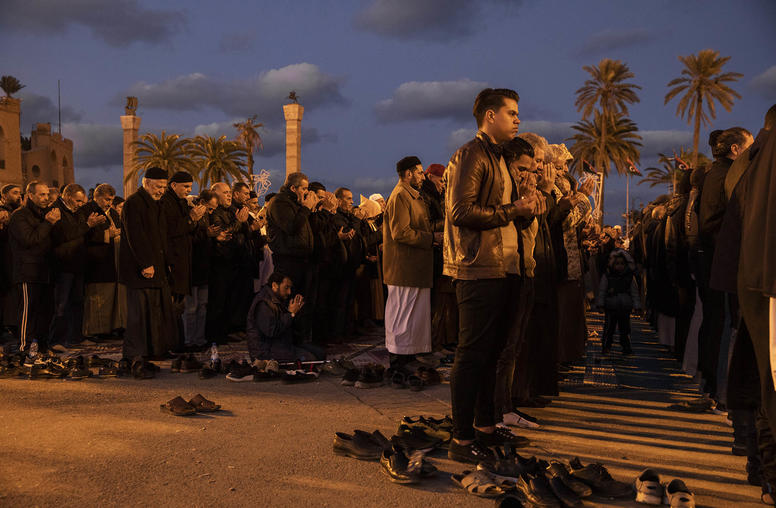Security experts
gathered at the United States Institute of Peace (USIP) on Dec. 1 to address the question of who—amid rapid global change--has the responsibility, will and capacity to provide security in a variety of conflicts and problems around the world. The event marked the release of
Rewiring Regional Security in a Fragmented World, a 20-chapter volume drawing on contributions from numerous security specialists.
The book was edited by Chester A. Crocker, Fen Osler Hampson and
Pamela Aall.
Crocker is the James R. Schlesinger Professor of Strategic Studies at Georgetown University’s Walsh School of Foreign Service and a former assistant secretary of state for African affairs. He chaired the board of USIP from 1992 to 2004. Hampson is the Chancellor’s Professor and director of the Norman Paterson School of International Affairs at Carleton University in Ottawa, Canada. Aall is the provost of USIP’s
Academy for International Conflict Management and Peacebuilding. The trio has collaborated on a number of books and articles.
Crocker cited the book’s concluding chapter, which he wrote with Hampson and Aall. He summarized its description of the rapidly changing dynamics of global and regional security:
“There is an emerging phenomenon that we call ‘collective conflict management,’ which is a spontaneous, improvised pattern of cooperation between a whole series of varying entities—whether they be international organizations, coalitions of the willing, structured alliances, nongovernmental organizations, private corporations, all sorts of different kinds of entities—who get together to respond to problems based on their interests rather than on formal charters engraved somewhere in stone.”
Crocker said signs of the phenomenon can be seen in such diverse issues as counterterrorism efforts in
North Africa; the global campaign against AIDS, malaria and tuberculosis; international action in the
Libyan crisis; the recent breakthrough on the Basque conflict; mediation of conflict in Mindanao in the
Philippines; and efforts to counter trafficking in the
Balkans.
Still, Crocker said, “We’re not trying to sell something that we’ve invented out of whole cloth. This is what’s happening in the world. We’re describing a pattern that we see. We’re not advocating for it.” He added, “Many of today’s problems go beyond the capacity of any single actor. And many of today’s problems nobody wants to own by themselves.”
He said of collective conflict management: “It’s not a panacea. It has lots of issues, lots of potential weaknesses. But it’s out there. And so we don’t advocate necessarily that this is a transcendental change or improvement for global conflict management. Rather, what we say is this is what’s happening and it may be the best that we’re going to get for a while.”
Additional Resources



